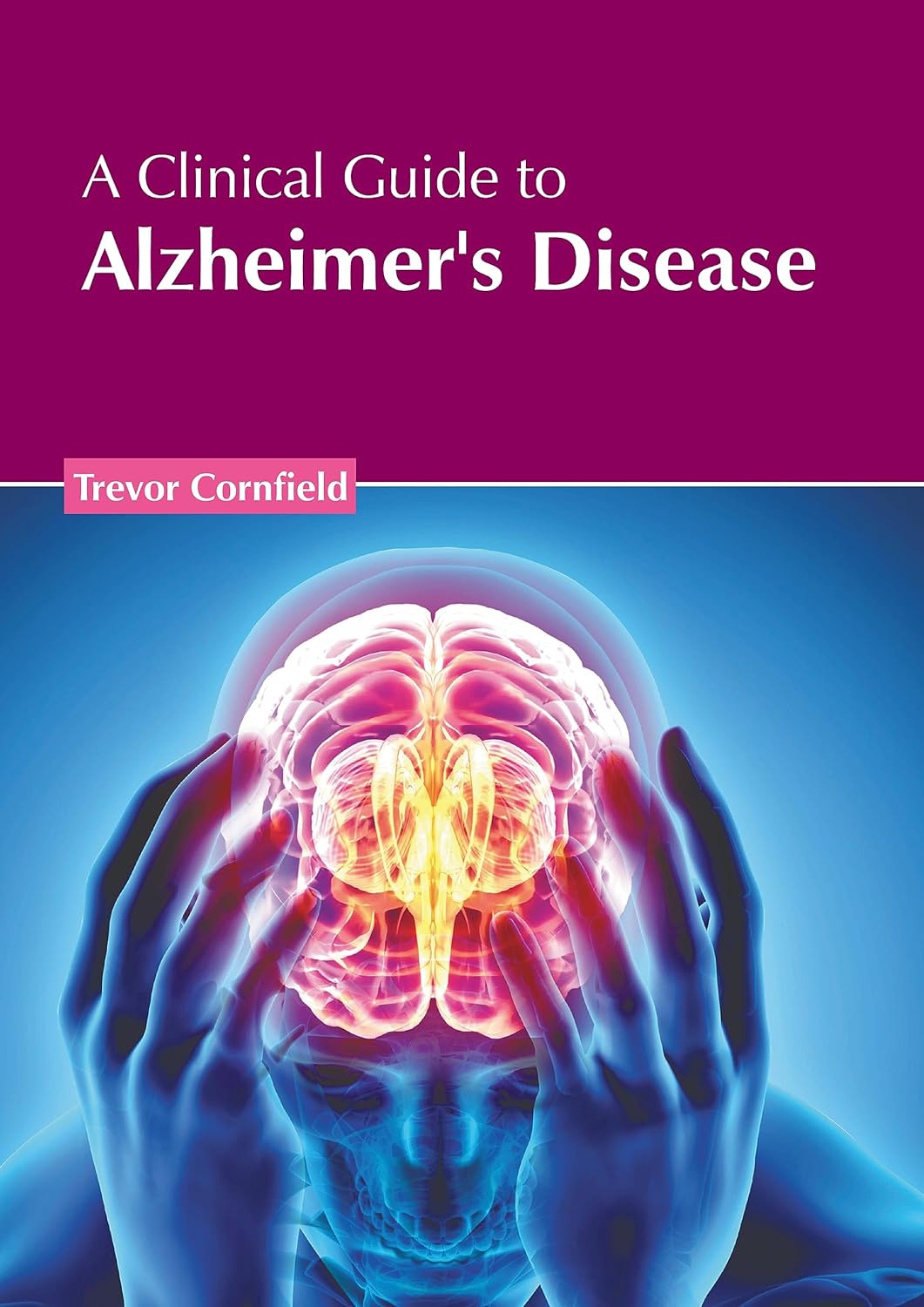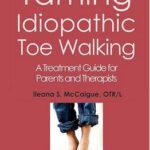
Alzheimer’s disease (AD) refers to a type of neurodegenerative disease that typically begins slowly and worsens over time. The most usual symptom is trouble remembering recent events. Various other symptoms can also occur with the progression of the disease, such as loss of motivation, behavioral issues, mood swings, problems with language, self-neglect and disorientation. As the health of the patient with Alzheimer’s disease deteriorates, they frequently withdraw from society and family. There are numerous environmental and genetic risk factors that contribute to the development of Alzheimer’s Disease. An allele of the apolipoprotein E (APOE) is the most powerful genetic risk factor. There are several other risk factors, such as high blood pressure, a history of head injury and clinical depression. There are no treatments that can reverse or stop the development of the disease, while some can temporarily alleviate symptoms. This book aims to understand the clinical perspectives of Alzheimer’s disease. It aims to shed light on some of the unexplored aspects of this disease. Those with an interest in this field would find this book helpful.
Study on long-term physical activity to reduce Alzheimer’s risk





